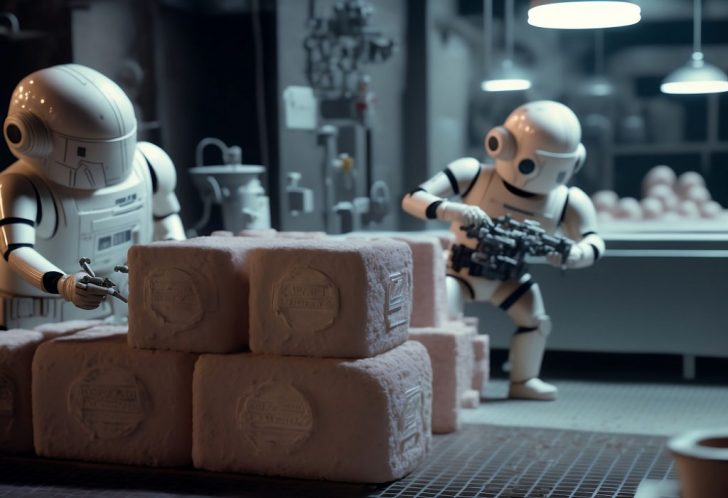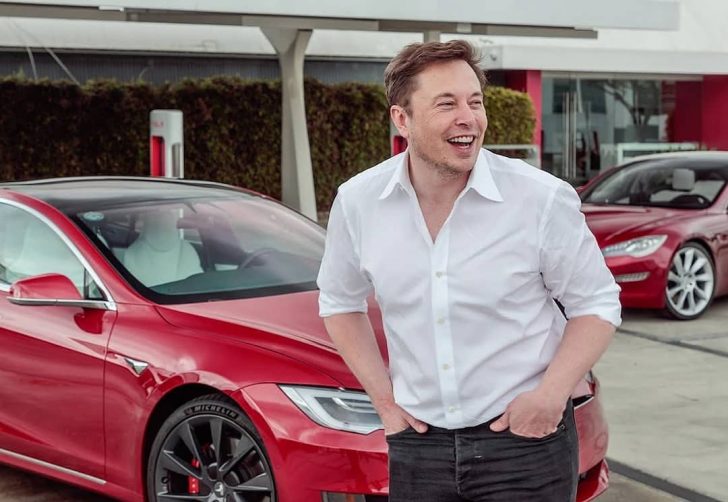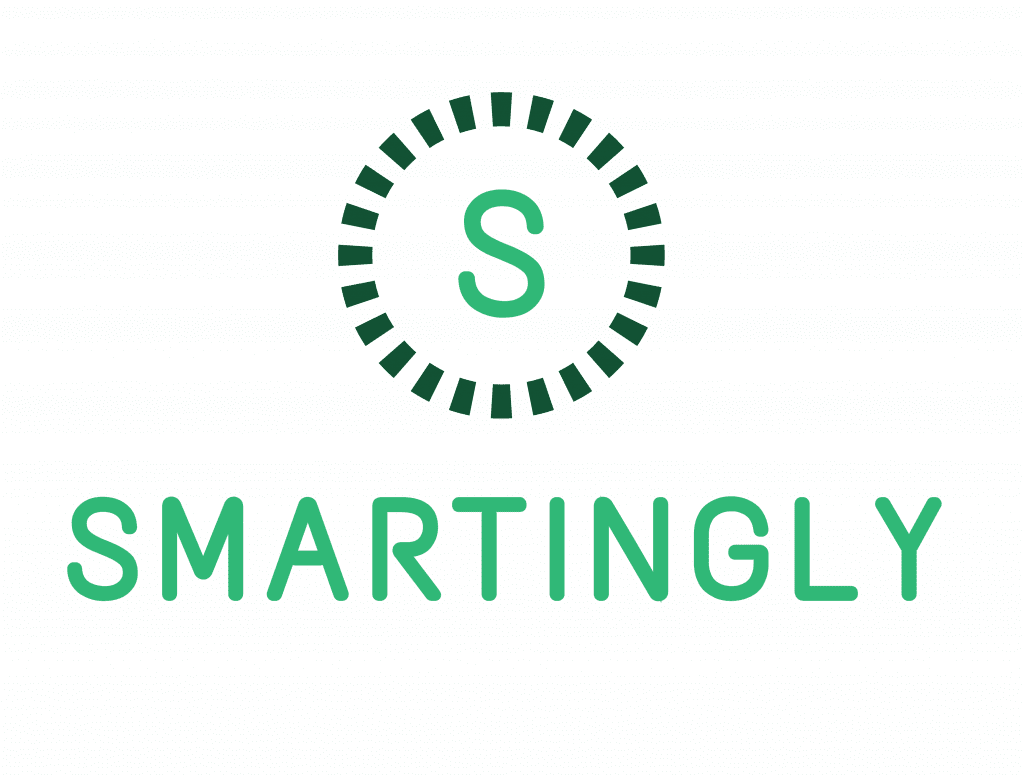In the ever-evolving landscape of technology, artificial intelligence (AI) stands out as a monumental shift, influencing various sectors of human life. Among the most vocal advocates and critics of this technology is Elon Musk: The entrepreneurial mind behind SpaceX, Tesla, Neuralink, and other cutting-edge companies.

Musk’s views on AI are a blend of awe and apprehension. Let’s delve into the six key reasons why Elon Musk believes AI is one of the most disruptive forces in human history.
6. Unprecedented Capability for Learning and Evolution
AI’s ability to learn, adapt, and evolve at a pace far beyond human capability is both fascinating and formidable. Musk often emphasizes the speed at which AI systems can develop knowledge and skills. Unlike humans, who require years to master a subject, AI can assimilate vast amounts of data rapidly. Thus, leading to exponential growth in capabilities.

This unparalleled learning speed positions AI as a transformative force in industries like healthcare, finance, and transportation.
5. Potential for Greater Efficiency and Productivity
Musk acknowledges that AI can dramatically enhance efficiency and productivity. From optimizing energy usage in Tesla’s electric vehicles to revolutionizing manufacturing processes at SpaceX, AI’s potential to streamline operations is vast.
This efficiency transcends into everyday life, reshaping how we interact with technology, manage businesses, and conduct our daily activities.
4. AI’s Integration in Everyday Life
The integration of AI into daily life is another aspect Musk often highlights. From smart assistants to autonomous vehicles, AI is becoming a ubiquitous presence. This integration has the potential to make life easier, but it also raises questions about privacy, security, and the changing nature of human interaction.

Musk’s concerns about AI’s omnipresence reflect a broader societal debate about the balance between technological convenience and personal autonomy.
3. Potential to Outpace Human Intelligence
A recurring theme in Musk’s commentary is the potential for AI to surpass human intelligence. This concept, often referred to as the singularity, represents a point where AI becomes self-improving and autonomous, potentially leading to scenarios where human control over these systems becomes questionable.
Musk warns about the lack of regulatory frameworks to manage such advancements, highlighting the need for proactive measures to safeguard humanity’s interests.
2. Impact on Labor and Employment
Musk often discusses the impact of AI on the job market. While AI can create new opportunities, it also poses a significant threat to traditional jobs. Automation and AI-driven technologies can replace a wide range of roles, from manufacturing to customer service.
This shift necessitates a rethinking of job structures, education systems, and economic models to accommodate the changing landscape.
1. The Ethical and Moral Implications
Finally, Musk is deeply concerned about the ethical and moral implications of AI. He questions how AI’s decision-making processes align with human values and ethics, particularly in sensitive areas like military applications or life-and-death decisions in healthcare.
Musk advocates for stringent ethical guidelines and oversight to ensure that AI development aligns with human welfare and ethical standards.




